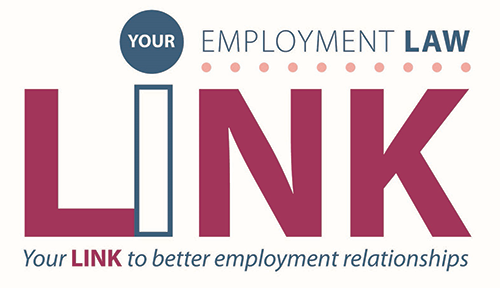Warning Warning Warning – Another employer victim of 90 day trial period

The minefield of the 90 day trial period claims another employer victim. On 30 May 2013 (day 88 of a trial period) Canon New Zealand Ltd terminated the employment of Brent Hutchison with notice. However, the Authority determined the notice was defective and Brent could have his personal grievance for unjustifiable dismissal heard by the Authority. While this is great news for Brent, Canon will be shaking their head in disbelief. So what went wrong?
On 30 May 2013 (day 88 of the trial period) Brent received a letter setting out concerns Canon held about his performance. He was requested to attend a meeting scheduled for the following day and advised he was entitled to a representative or support person. The letter concluded with “You should be aware that this meeting may result in termination of your employment.”
On 31 May 2013, Mr Hutchison met with Canon and was given an opportunity to respond to the matters contained in the letter. After a brief adjournment, Brent was advised his employment was being terminated under “the 90 day rule”. Payment of one week’s notice and holiday pay was placed into Mr Hutchison’s bank account that evening. Termination of his employment was later confirmed in writing on 4 June 2013, three days after the trial period had concluded.
Canon’s error is that notice was given verbally when the IEA specified (defectively) that he would receive, “one week’s written notice or payment instead of notice”. Cannon argued that while they didn’t give written notice as required by the IEA the parties had agreed that alternatively Canon could make a payment instead of notice. The Authority concluded the Act does not permit this.
The important message to come out of the decision is that if your agreement says you need to give them notice in writing then do this.
It is also important to remember that when your employment agreement says for instance one week’s notice, then your letter should say you are giving the employee one week’s notice and specify the last day of the notice period.
Does the decision mean that you can’t tell an employee they do not need to work out the notice period but you will pay them instead? No, once you have given them the written notice you can tell them this: 99 times out of 100 they will be pleased to have the time off on pay.
Can you give the notice verbally when your employment agreement does not say the notice should be given in writing? Yes you can do this but giving it in writing is far better because it prevents an employee claiming you did not give notice and therefore they should be able to challenge the dismissal.
Published on Friday, October 31st, 2014, under Blog


